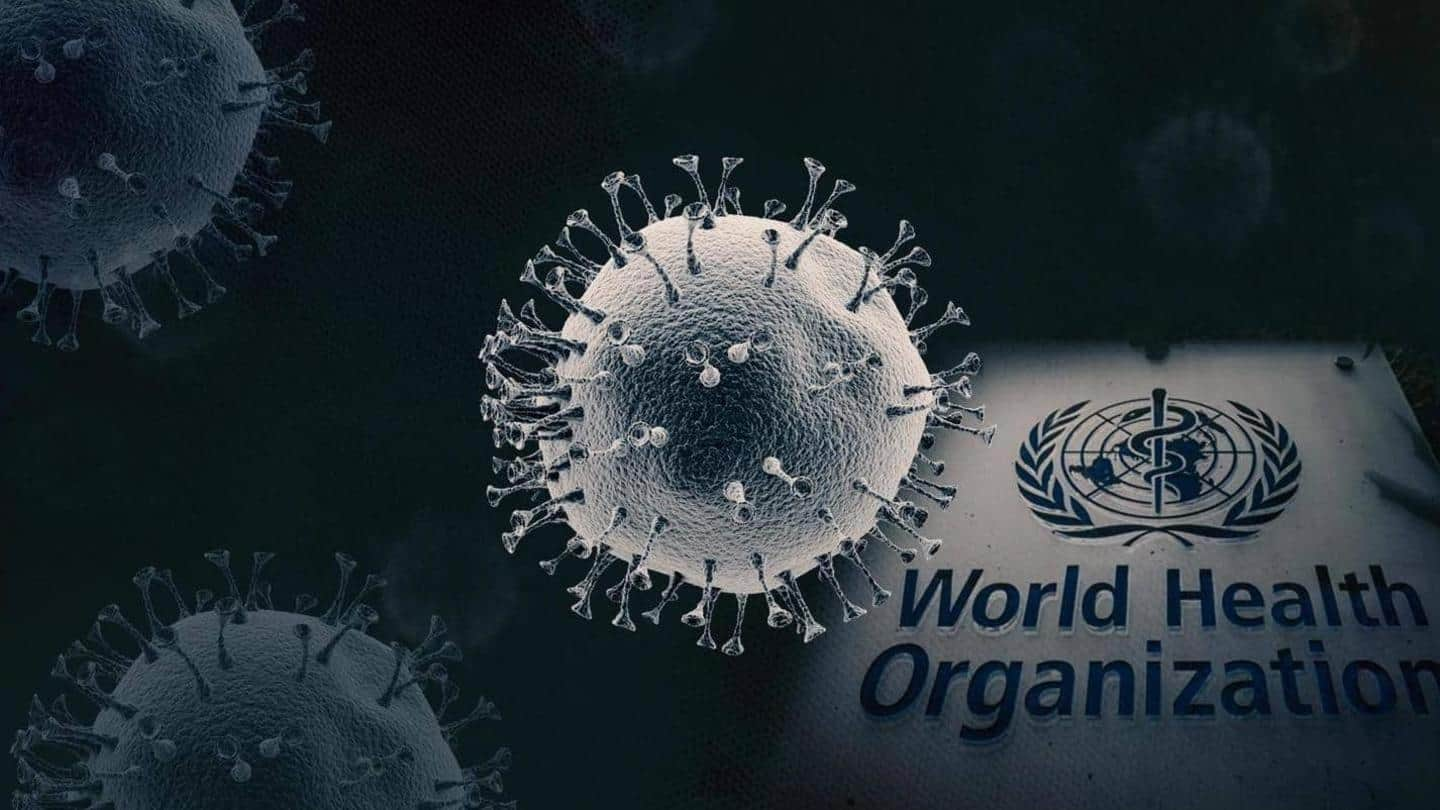
How Indian states are gearing up to fight Omicron variant?
What's the story
India has laid down some precautionary measures to tackle the spread of the new COVID-19 variant Omicron that has triggered global alarm.
Many countries have restricted travel to and from South Africa, where the variant was first discovered.
India has imposed quarantine rules for travelers arriving from South Africa and countries it deemed "at-risk."
Context
Why does it matter?
The World Health Organization (WHO) has warned that the Omicron variant might transmit faster and cause reinfections.
The variant has already spread to Belgium, Botswana, Israel, and Hong Kong.
It is feared that the variant may cause a global surge in COVID-19 infections even as nearly two years have passed since the virus first emerged.
Details
What restrictions has India imposed?
Apart from quarantine rules, the Union Health Ministry has identified some "at-risk" nations.
These "at-risk" countries will be allowed to operate only a fraction of their pre-COVID-19 scheduled flights from December 15, when India resumes international air travel.
Passengers from these "at-risk" countries will also have to undergo a COVID-19 test upon arrival if they are not fully vaccinated.
Maharashtra
Maharashtra announces quarantine, fines
Meanwhile, states are also stepping up precautionary measures to check the spread of Omicron.
All the passengers arriving in Mumbai from South Africa would be quarantined, said Mayor Kishori Pednekar.
Domestic travelers would be required to show either their vaccination certificate or an RT-PCR test.
The Maharashtra government has announced Rs. 500 fine for defaulters found inside taxi/private transport.
Gujarat
Increased screening at Gujarat airports
Gujarat has made the RT-PCR test mandatory for all incoming passengers without a vaccination certificate.
Fully vaccinated travelers would be screened at airports and allowed to proceed if they are without symptoms, said Gujarat's Additional Chief Secretary (Health) Manoj Aggarwal.
The state has asked both of its international airports to follow the November 11 guidelines of the Union Home Ministry.
Kerala
Kerala boosts surveillance for arrivals
Kerala Health Minister Veena George said, "Surveillance will be strengthened in all airports."
Kerala has also taken steps in compliance with the Centre's guidelines, which an RT-PCR test no older than 72 hours for arrivals from certain nations.
Suspected samples of passengers from these countries would be sent for testing for the mutant strain, George added.
Information
Delhi L-G asks hospitals to be on high alert
Delhi's Lieutenant Governor Anil Baijal has directed hospitals in the national capital to be on high alert to tackle any unprecedented surge in cases. He also asked the Chief Secretary, Police Commissioner, and other senior officers to ensure strict compliance with all COVID-19 protocols.
States
What steps have other states taken?
Karnataka CM Basavaraj Bommai has directed authorities to increase surveillance in districts bordering Kerala.
The state has also made the RT-PCR test mandatory for those arriving from Maharashtra and Kerala.
Tamil Nadu has intensified precautionary measures at all the four international airports: Chennai, Coimbatore, Madurai, and Tiruchirappalli.
It has also appointed four health department officials to monitor the situation at these airports.
Modi
Modi calls for increased precaution
Prime Minister Narendra Modi was briefed about the new variant during a review meeting on Saturday.
Modi reportedly emphasized the need to take more precautions and follow COVID-19 appropriate behavior.
Modi also stressed the need for monitoring all international arrivals, with a specific focus on "at-risk" countries.
He also asked officials to review plans for easing international travel restrictions.
Quote
Is it too late for travel restrictions?
Epidemiologist Ben Cowling of the University of Hong Kong told Reuters it might be too late for such restrictions. "Most likely, this virus is already in other places...And so if we shut the door now, it's going to be probably too late."
Vaccine
What do vaccine manufacturers say?
US pharmaceutical company Moderna said Friday that it would develop a booster jab against the new Omicron variant.
Pfizer and BioNTech said they are not sure whether their vaccines would work against the new variant.
However, they promised that they would develop a new vaccine for the variant within 100 days.
The Pfizer-BioNTech vaccine uses mRNA technology which can be easily tailored.